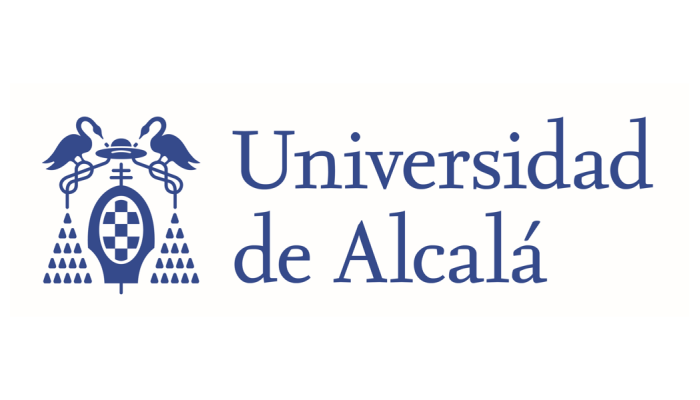
UAH
University of Alcalá
Organisation Introduction
University of Alcalá (Madrid), is renowned for its academic excellence and cultural heritage, with a history dating back to 1499 and its main campus being a UNESCO World Heritage Site. UAH offers diverse programs in humanities, sciences, and health studies, with a strong international focus and research collaborations. The university combines rich history with modern innovation, promoting sustainability and cultural exchange. UAH and the socio-economic impact assessment group around Jens F. Peters is renowned for its work on the sustainability assessment of energy storage systems, emerging battery technologies, policy analysis and circular economy. It also closely collaborates on this with EU institutions such as the JRC of the European Commission.
Why EPISODE?
EPISODE allows UAH to advance its expertise in sustainability assessment of energy storage technologies. It gathers actors across the whole sodium-ion battery value chain able to provide access to primary data on the production processes of emerging cell chemistries, the corresponding precursors and materials and the operation of the energy storage system in the targeted environment. As such, it contributes to the development of new inventory data and advanced assessment methods at UAH and to further develop its portfolio and impact.
What in EPISODE?
UAH will develop novel approaches for the sustainability assessment of emerging batteries and apply them to the technology developed in EPISODE. This supports the ecodesign approach followed in the project and ensures that that developed batteries have minimum environmental and social impacts and excel the sustainability targets set by the EU Batteries Regulation.

“The EPISODE project is an outstanding opportunity to get hands on primary data for an emerging battery technology from materials until the final target application and to advance available assessment methods towards a better knowledge of the potential sustainability of sodium-ion batteries.”
